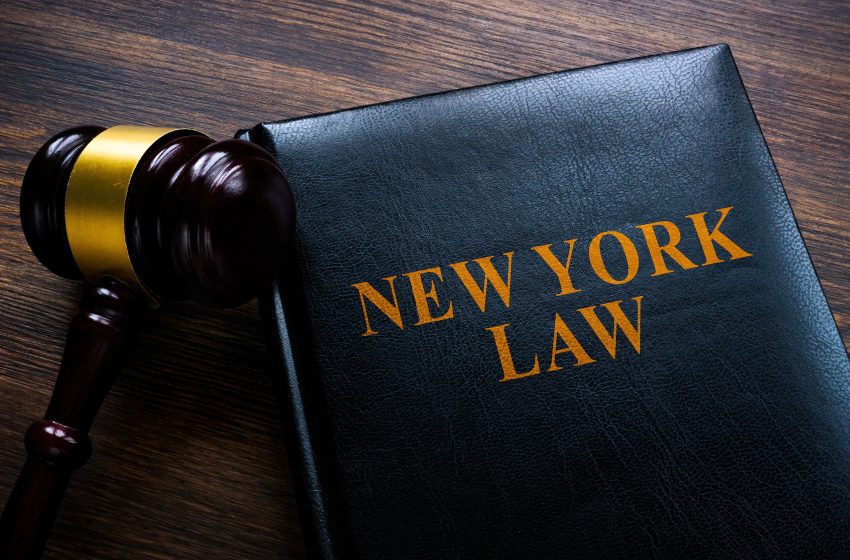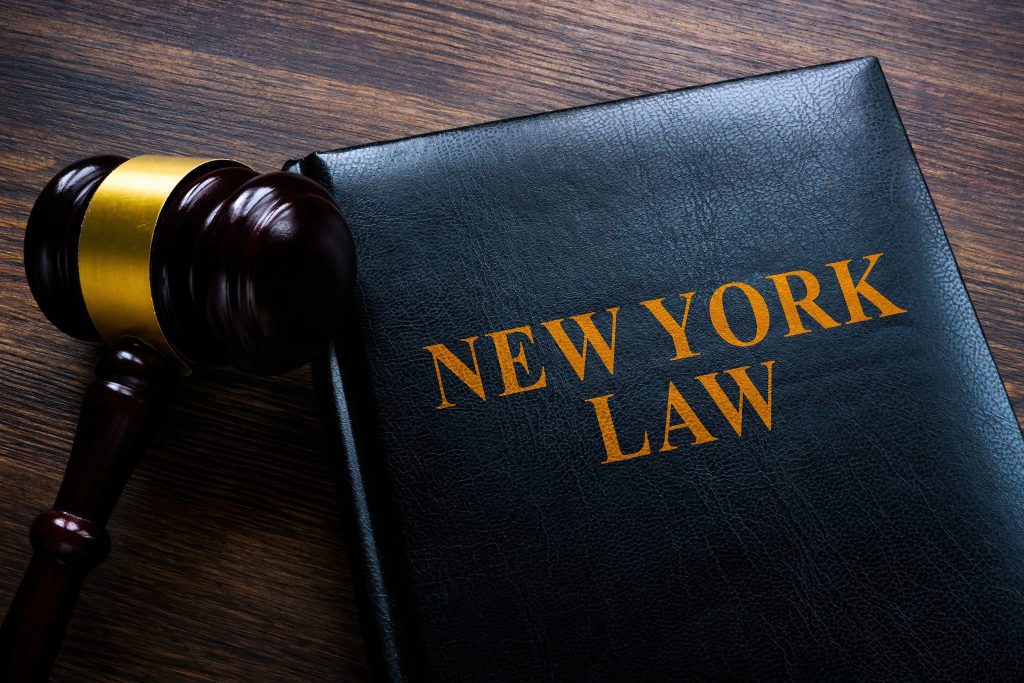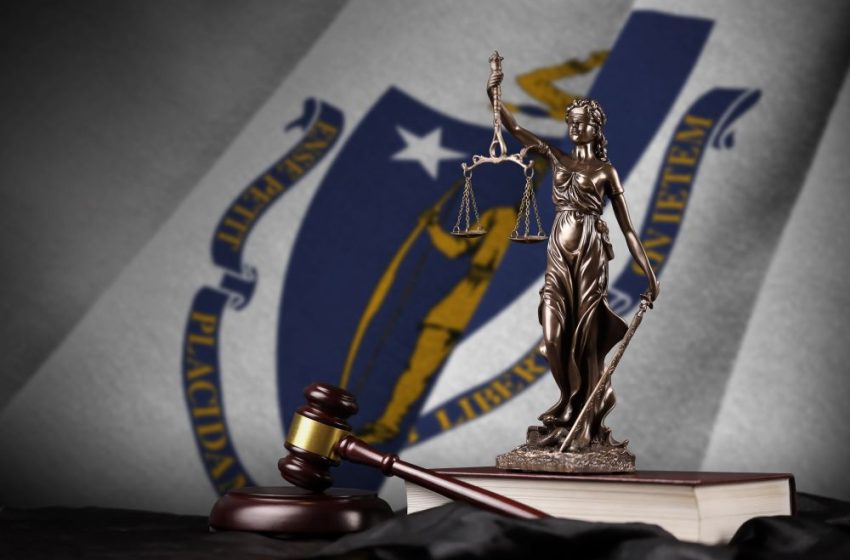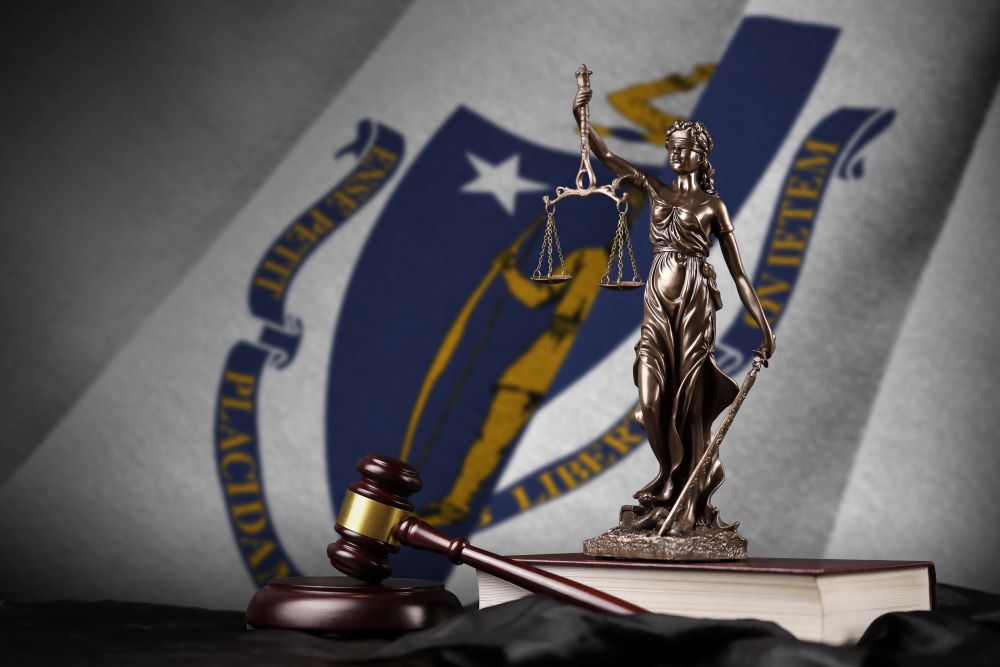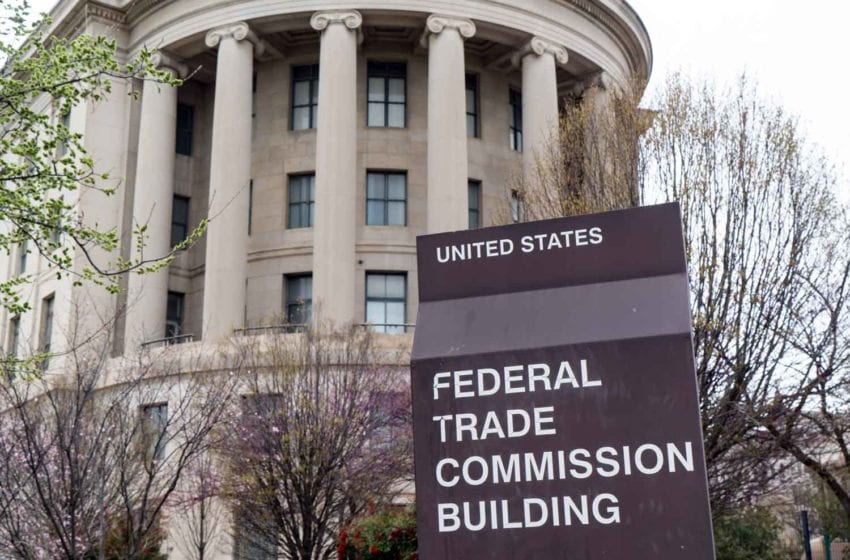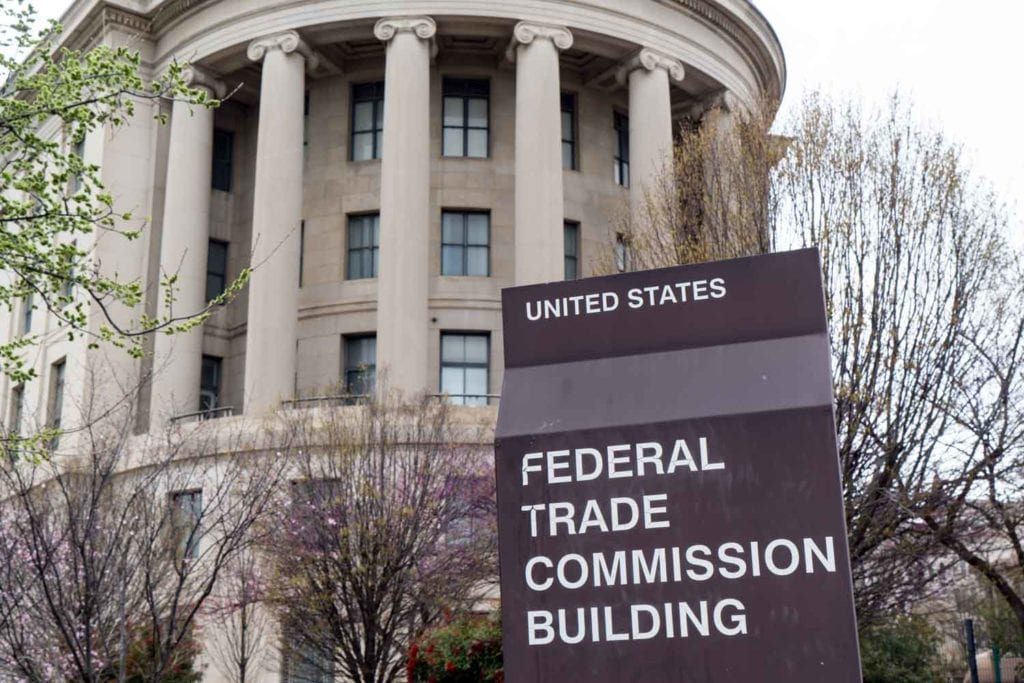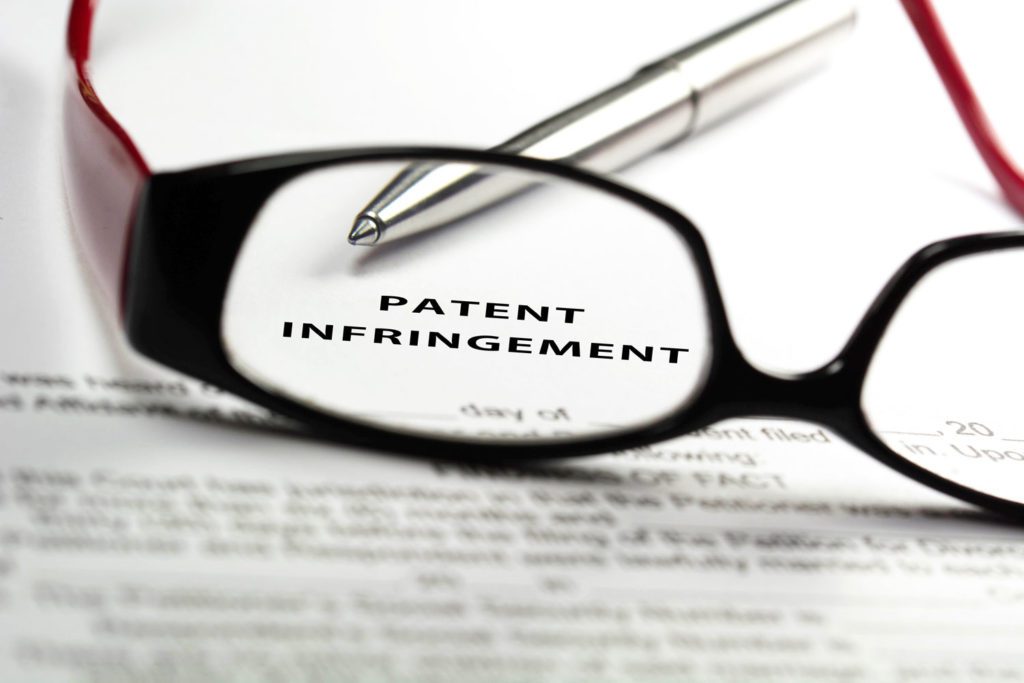
Keller and Heckman has filed an amicus brief with the U.S. Supreme Court on behalf of members of the electronic nicotine-delivery system (ENDS) industry in support of petitioners in a case to overturn or limit the so-called Chevron deference.
Named after a landmark Supreme Court decision dating from 1984, the Chevron deference is a legal doctrine that generally requires courts to defer to an administrative agency’s interpretation of ambiguous statute so long as that interpretation is reasonable.
In practice, Chevron deference often gives agencies broad leeway to reach beyond the limits of a statute’s plain language, often bypassing the rulemaking process otherwise required under the Administrative Procedure Act and making it more difficult to challenge an agency action in court.
In the years since ENDS became subject to Food and Drug Administration regulation, the vast majority of courts reviewing ENDS industry challenges to premarket application denials, as well as FDA rulemakings and guidance documents, have rubber-stamped the agency’s interpretation of the Family Smoking Prevention and Tobacco Control Act (TCA) and the “appropriate for the protection of the public health” standard, Keller and Heckman wrote on its blog.
Critics contend that the Chevron deference has enabled the FDA to impermissibly interpret the TCA to implement a de facto ban on all nontobacco-flavored ENDS products without any requisite notice and comment rulemaking or congressional amendments to the TCA.
The filers on the amicus brief urge the Supreme Court to at least restrict the application of Chevron deference so that it is the exception, not the rule. The Supreme Court will hear oral arguments in the case in its fall 2023 term.
The petition to overturn or limit the Chevron deference was brought by a group of fishing companies challenging the National Marine Fisheries Service’s construction of the Magnuson-Stevens Act to require the industry to pay the salaries of federal monitors.
The ENDS industry amici include the American Vaping Manufacturers Association, the American Vapor Group and Bidi Vapor.


